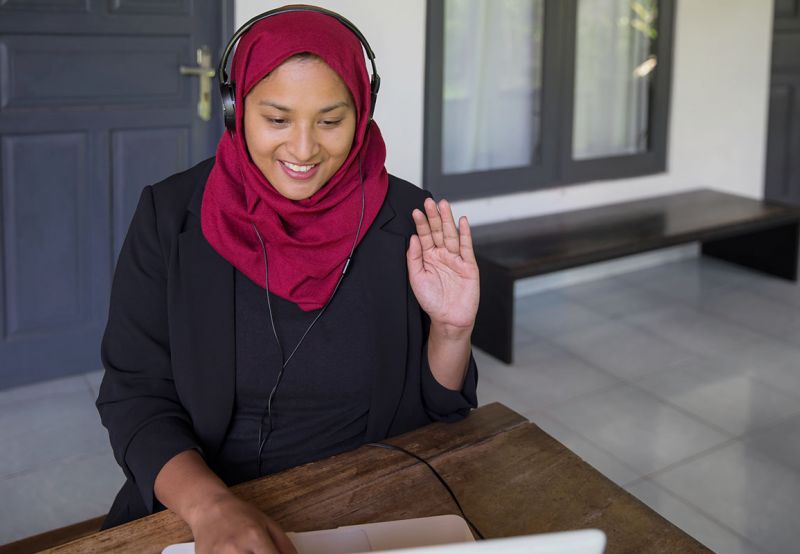
You interview for, let’s say, a sales position. The interviewer asks, “Have you ever led a team?” You answer, ‘Well, not really.” Later you wonder, why didn’t I mention that you’d taken the lead on many department-wide initiatives.
Or the interviewer asks, “Do you have any social media marketing experience?” You answer, “Not so much.” Later you wonder, why didn’t I remember to say I’d worked hand-in-hand with marketing on several online campaigns.
Brain freeze happens, even without ice-cream
Sure, you anticipated that you’d be asked about your weaknesses, your goals, how you handle conflict. But you didn’t foresee being grilled about skills or experience which weren’t mentioned in the job posting.
When an interviewer’s question catches someone off-guard, often they just take a pass on answering it. We have a better idea.
TalentWorld recruiters have a strategy for you
Here’s what to do when you get an unexpected question:
Buy yourself thinking time.
Job-hunters often think of an interview as a tennis game. You’re lobbed a question and you feel you have to quickly toss back your answer. You don’t. You can take the time to think about your response to a question, you don’t have to rush to react.
A reaction is instant and knee-jerk. During a reaction, we blurt things out.
A response is the opposite – it’s thoughtful and outcome-oriented.
How to buy thinking time?
Show the person that you’re considering their question carefully.
If you watch celebrities, journalists and politicians interviewed on TV, you’ll notice they often nod after they’re asked a question. That sends a message that they heard the interviewer’s question and they’re thinking about it.
Also, buy yourself time by saying something like, “That’s a very good question.” Research shows putting a little space between the question and your actual answer will help you come up with a more thoughtful response.
Ask the interviewer to elaborate on the question
For example, let’s say you’re asked if you’ve ever led a team, and that’s not a core skill of yours. Instead of instantly answering, “Well, not really“, ask the interviewer to clarify the question. This will help you answer it.
Try something like, “I have always been very team-focused, and results-driven. What are the opportunities for team leadership in this role?” The interviewer will then give you more details which you can match up to your experience.
The same idea works for any skill you need to think about before answering. Here’s another example.
If asked about social marketing experience: “I am very results-driven and I believe in using all the channels available to reach customers. Can you tell me a little more about the social marketing expectations for this role?”
In starting a conversation about the particular skill, and learning about the company’s expectations around that skill, you’ll naturally start discussing your experiences as they relate to what the company is looking for.
If that doesn’t work
Finally, if an answer still only comes to you after you left the interview, write a follow-up thank-you email and include a short paragraph that answers the question.
If you are looking for a job, check out the great opportunities at TalentWorld









